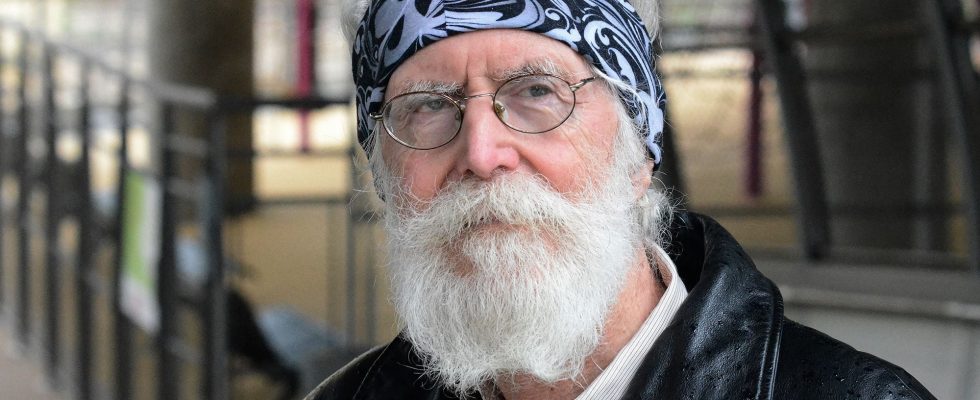How to predict what is random? The Abel Prize in mathematics was awarded this Wednesday, March 20, to Frenchman Michel Talagrand, a specialist in probability and functional analysis, for whom “mathematics gives wings”.
Aged 72, this former research director of the National Center for Scientific Research (CNRS) is distinguished “for his revolutionary contributions” which have had “remarkable applications in mathematical physics and statistics”, explained the Norwegian Academy sciences and letters.
In a world marked by random phenomena, his work has contributed to developing methods for predicting what will happen, for example regarding meteorology. Michel Talagrand, who made his career at the Jussieu Institute of Mathematics in Paris, is the fifth Frenchman to win the Abel Prize since its first edition in 2003.
“I never thought it was possible, it was an incredible experience to hear that,” he told AFP after being informed of his award. “I didn’t react, I literally didn’t think anything for at least five seconds.” “French mathematics is doing extremely well, we can be proud of it,” he stressed.
Michel Talagrand says he chose mathematics “out of necessity”. “At the age of 15, I had multiple retinal detachments, and for ten years I lived in terror of going blind.” To support it and not being able to “go running with his friends”, he immerses himself in work. His father being a graduate of mathematics, it is towards this subject that he “naturally” turns. And “maths, the more you do it, the easier it becomes,” he confides. On his – rudimentary – internet page, he states in English that “mathematics gives wings” and invites the scientific community to solve puzzles for financial reward.
“An exceptional mathematician”
In its statements, the Norwegian Academy highlights three of its contributions in areas with obscure titles: the supremum of stochastic processes, the concentration of measurements and spin glass which relates to the behavior of magnetic impurities in metallic alloys. . “Michel Talagrand proves to be an exceptional mathematician, coupled with a formidable problem-solving specialist,” commented the chairman of the Abel Prize committee, Helge Holden. “He contributed greatly to our understanding of random processes and in particular Gaussian processes. His work redefined several areas of probability theory,” he added.
In a press release, the CNRS welcomed its contribution which allows “to better understand how and why many phenomena are described by the ‘Gaussian distribution'”. “Our entire lives are guided by the Gaussian distribution: the weight of babies at birth, how well students do in school, and the age at which athletes retire are all seemingly random events that perfectly follow the Gaussian distribution,” explained the public body.
For her part, the Minister of Higher Education and Research, Sylvie Retailleau, expressed to AFP “immense pride in seeing the dynamism and excellence of French research in mathematics thus rewarded”. Prime Minister Gabriel Attal greeted him on (formerly Twitter) “a career in the service of science”.
Michel Talagrand succeeds Argentinian-American Luis Caffarelli who won the Abel Prize last year for his contribution to the field of partial differential equations. Named in homage to the Norwegian mathematician Niels Henrik Abel (1802-1829) and endowed with 7.5 million crowns (approximately 647,000 euros), the prize will be officially awarded in Oslo on May 21. The award was created in the early 2000s by the Norwegian government, among others, to compensate for the lack of Nobel Prizes in the field of mathematics. Before Michel Talagrand, she had crowned the French Yves Meyer (2017), Mikhail Leonidovich Gromov (2009, also of Russian nationality), Jacques Tits (2008) and Jean-Pierre Serre (2003).
